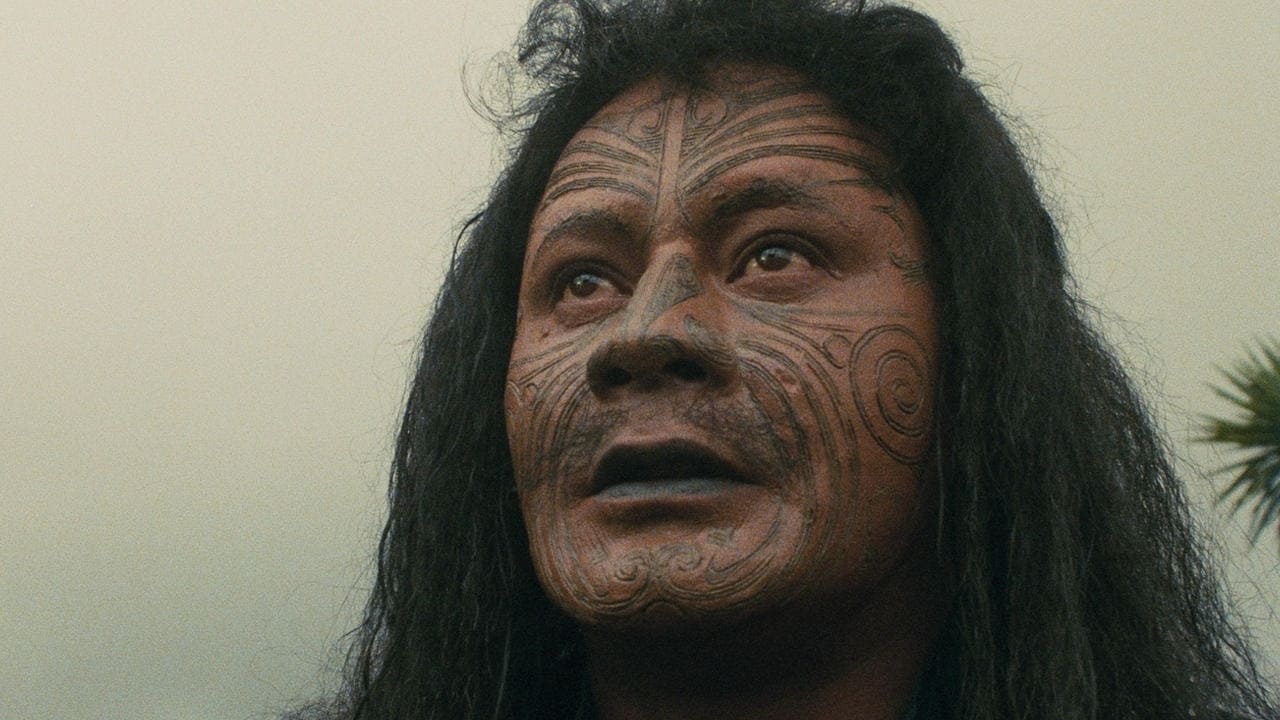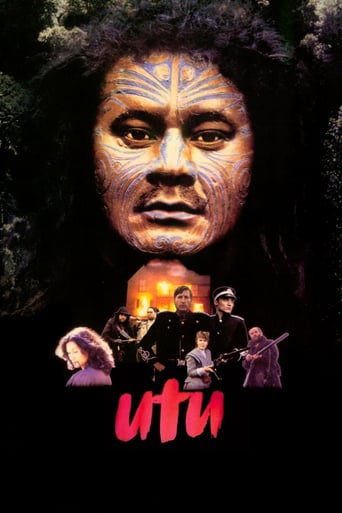

Masterful Movie
... View MoreTells a fascinating and unsettling true story, and does so well, without pretending to have all the answers.
... View MoreIf you're interested in the topic at hand, you should just watch it and judge yourself because the reviews have gone very biased by people that didn't even watch it and just hate (or love) the creator. I liked it, it was well written, narrated, and directed and it was about a topic that interests me.
... View MoreThrough painfully honest and emotional moments, the movie becomes irresistibly relatable
... View MoreIt is not too bad for an attempt at trying to make a movie that appeals to a wide audience as well as having a semblance of historical accuracy.But it is a bad movie when it come to script and character development. In those aspects it is very like a lesser Spaghetti western. It is even more like one in some of the scenes that are created, including the small town in an open plain.There is no decent music to carry the movie along. We also also don't get decent cinematography.Bruno's eventual development of quadruple barrel gun provides some light relief, along with the ingenious method of loading. And then his his next role in the movie is to fall asleep! A few other stereo-types are thrown in along with subtitled maori language in place of bad dubbing of Italian.At least they didn't make Utu 2.
... View MoreThe picture begins in medias res, with some sort of tribal conflict going on among the Maoris. Some of them are evidently allied with the British. A lance corporal Maori named Te Weheke finds that a relative has been killed by the British, and for some reason swears eternal vengeance (or 'utu'). He has his face tattooed and leads his ragtag guerrilla army through the woods and brush. At no point is he likable.Even in the most brutal of American westerns, the Indians were given a shred of understanding. Not so with the Maoris here. They are just mean and impulsive savages with no motivation other than the joy of killing. One comes away from this film wondering why these monsters weren't simply wiped out, instead of being coddled and treated as pets. And what were they doing in the local constabulary, anyway? A bit more background to the Maori situation, and to the motivation of Te Weheke's suicidal campaign against the British and colonists, would have helped make this a clearer story.**IMDb deleted the original version of this review, essentially the same, and wrote:(This review was deleted by IMDb based on an abuse report filed by another user) from which we must assume that the troublemaker didn't bother to read the full review. We would appreciate information leading to the apprehension of this culprit.**
... View MoreWhile this movie may somewhat accurately depict callous British imperialism towards native populations, and is sympathetic to the trod-upon Maori, "Utu" (Sumerian for sun, but for the Maori it means revenge) ultimately fails as a story and film because so few of the more prominent foundations that the film lays at the beginning are actually paid off at the end.For instance, we see the settler Williamson (admirably played by Bruno Lawrence) understandably go mad in his quest to avenge his wife's death and loss of his home at the hand of Te Wheke, going so far as to construct a frightening, custom four-barrel shotgun. Yet does he actually end up using it in the end? He finally gets the opportunity to execute his wife's killer, only to inexplicably back down and instead allow a Maori soldier working for the "pakeha" (non-Maori, mostly for white man) to do the deed, apparently mesmerized by Maori chanting and suddenly becoming sympathetic to a culture and cause that is not his own.Lt. Scott (well played by Kelly Johnson) is torn between his New Zealand roots (a "pake" born on the North Island) and his adherence to military life, but understandably seeks his own revenge against Te Wheke for the loss of his Maori lover. As we've seen in other films about the long arm of British imperialism, a soldier's military training ultimately wins out in the end. Yet he too backs down from his final judgment and chance to avenge, to allow the Maori soldier (revealed to be Te Wheke's brother) to perform the execution of Te Wheke.Te Wheke himself is driven mad by his vengeance against his former employer (the military), when he came across the destruction of a Maori village at the beginning of the film. At first he is depicted as a cunning warrior out to save his fellow Maori, but he makes some very stupid mistakes in the end, ones that defy explanation and logic (unless you buy the "revenge always trumps intelligence" line). The soldiers are thus shown as ultimately superior intellects in warfare, and while they may have been, Te Wheke was taken so easily, almost casually so, after months of successful evasion. And why did he turn upon his own people? Does madness make him do this? If so, it's too easy and ultimately unbelievable.As a prior reviewer posted, why was the Maori village destroyed at the beginning of the film? Should the viewers assume that this is because the British are on a campaign to wipe out the Maori to take their land? Or was it done as some sort of vengeance for supposed affronts to military authority? But this is never explained, so we must take it at face value that the British imperialists were pigs, yet superior nonetheless to the blundering Maori.Bravo to the filmmakers for exploring the pointlessness and waste of British imperialism and of the concept of revenge, and for showing the dichotomy of Maori killing their own kind in service to a foreign military (as was seen done in India, Africa and countless other island nations and countries during the 1800's British imperialistic campaigns throughout the world), and in alluding to the latent homosexuality of one British officer, further denigrating the indigenous culture they are trying to oppress.But moviegoers seeking to learn more about Maori culture and history should definitely look for other, more competent and complete sources.
... View MoreTo me, a good movie uses the introduction to snap your tether of disbelief; the middle to entertain you and deliver you to the end; and the end to make it worth the journey.This movie does it better than any other movie that I've ever seen.The story is about revenge ("utu"), how the cycle starts, how it changes, and the price to be paid to end it.The time and the place are not important, though the movie is beautifully shot and historically valid. The action is only a device to tell the story, though it is compelling and riveting. The subject matter is profoundly serious, though there are elements of comedy even during the most serious scenes.Overall, this is one of the best constructed films that I have ever seen. The pacing of the scenes, the respect for the intelligence of the audience, the dark endearing humor, and the impact of the message all make this one of my favorite movies.The director's cut provides additional scenes that explain some of the details that are missing from the original, but these extra scenes foul the sharp pacing that makes the studio cut work so well.
... View More